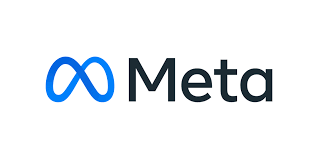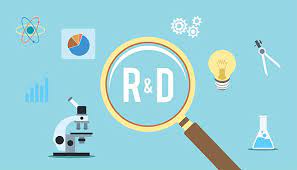
Introduction
Meta, previously known as Facebook, has become a leader in open-source software development. This move might seem counterintuitive for a company that relies on proprietary technology. But there are several reasons why Meta chooses to open-source all its projects to the public.
Also Read: Meta Open-Sources Multisensory Model
This article will explore why Meta strongly advocates open-source software and how it benefits the company.
The Scale of Open Source Releases by Meta
Over the past few years, the field of AI has seen a tremendous increase in the number of promising open-source software. Meta has been at the forefront of this revolution, with more than 200 projects open-sourcing. But what does the company get from releasing these projects to the public, specifically the ones it can efficiently commercialize?
Meta’s Ethical Obligations
According to many key figures in the company, including Mark Zuckerberg, Meta is a result of open source. Initially, the company’s platform was built from a combination of Linux, Apache, Mysql, and PHP, known as LAMP. Because of this, Meta feels an “altruistic and ideological obligation” to open source its projects since its inception. In short, Meta feels morally obligated to give back to the community.
Facebook has learned numerous lessons from the open-source community and looks forward to learning more. The three most essential thoughts behind open sourcing-are as follows:
- Share what’s practical.
- Highlight your heroes.
- Fix common pain points.
Better Software and Code

As per Meta themselves, releasing promising models in open source means they build better software and write better code. Their engineers can work with more pride and retain the world’s best engineers because they know they can open-source their work. Ultimately, because engineers can see for themselves the kinds of things Meta is working on, it becomes easier to attract top talent. Therefore, there is solid business sense behind this.
Also Read: A Quick Overview of Data Engineering
More to Gain Than to Lose
The decision to release its projects as open source could be more advantageous for Meta than disadvantageous. A competitor’s use of Facebook’s code would not significantly harm the company. Thus, Meta has more to gain than it does to lose by releasing its projects as open source.
Free Contributions from the Community
Meta can leverage the community’s free contributions by providing open access to its models and codes. Any researcher in the domain can pick it up and work on it. This move also gains a favorable reputation among open-source developers who may be more likely to apply for jobs at Meta or responsibly alert them to security vulnerabilities.
Better Hiring

When the code is made public, it exposes more developers to it, making it easier for Meta to find qualified candidates for job openings. This broader exposure also leads to the standardization of Meta’s technology across the internet, which has two-fold benefits for the company: an increase in user base and better browser support.
Also Read: Will AI Replace Humans?
The Economics of Gen AI Models
Recently, Mark Zuckerberg expressed his thoughts on the economics of open-source Generative AI models of Meta in the Lex Fridman Podcast. He stated, “We wanna have the best people in the world researching it.” Additionally, he also said they want to convey that you can come here and get industry-scale infrastructure if you are a world-class researcher. He says training these AI models takes hundreds of millions of dollars of infrastructure, so more innovation is required in the field. By making these open source, they will learn by seeing the whole community and benefit from it. Open-source software is not only more efficient but also more secure because multiple people are watching it.
Learn More: Generative AI: Definition, Tools, Models, Benefits & More
Scope of Research and Development

Meta only open-sources generic types of projects that can be used to build multiple things. Thus, the scope of research and development with these projects is very high, where taking help from the whole community for free is a clever choice. In the words of the founder, “To train these AI models, it takes 100s of millions of dollars of infrastructure. So more innovation is required in the field, and by making these open source, we will also learn by seeing the whole community and get benefitted.”
Meta faces unique infrastructure and development challenges, and open source provides a platform for the company to share solutions that could help others. Open source also provides a way to accelerate innovation and create better software. Thus, enabling engineering teams to produce better software and work more transparently.
Conclusion
Meta’s decision to open-source projects demonstrates that it values collaboration and believes in sharing knowledge. By releasing its promising models as open source, Meta can build better software, write better code, retain top talent, gain a favorable reputation among developers, and accelerate innovation. These benefits far outweigh any perceived risks of competitors stealing their intellectual property. As a result, Meta’s open-source platform will likely continue to be a key driver of innovation and progress in AI.




